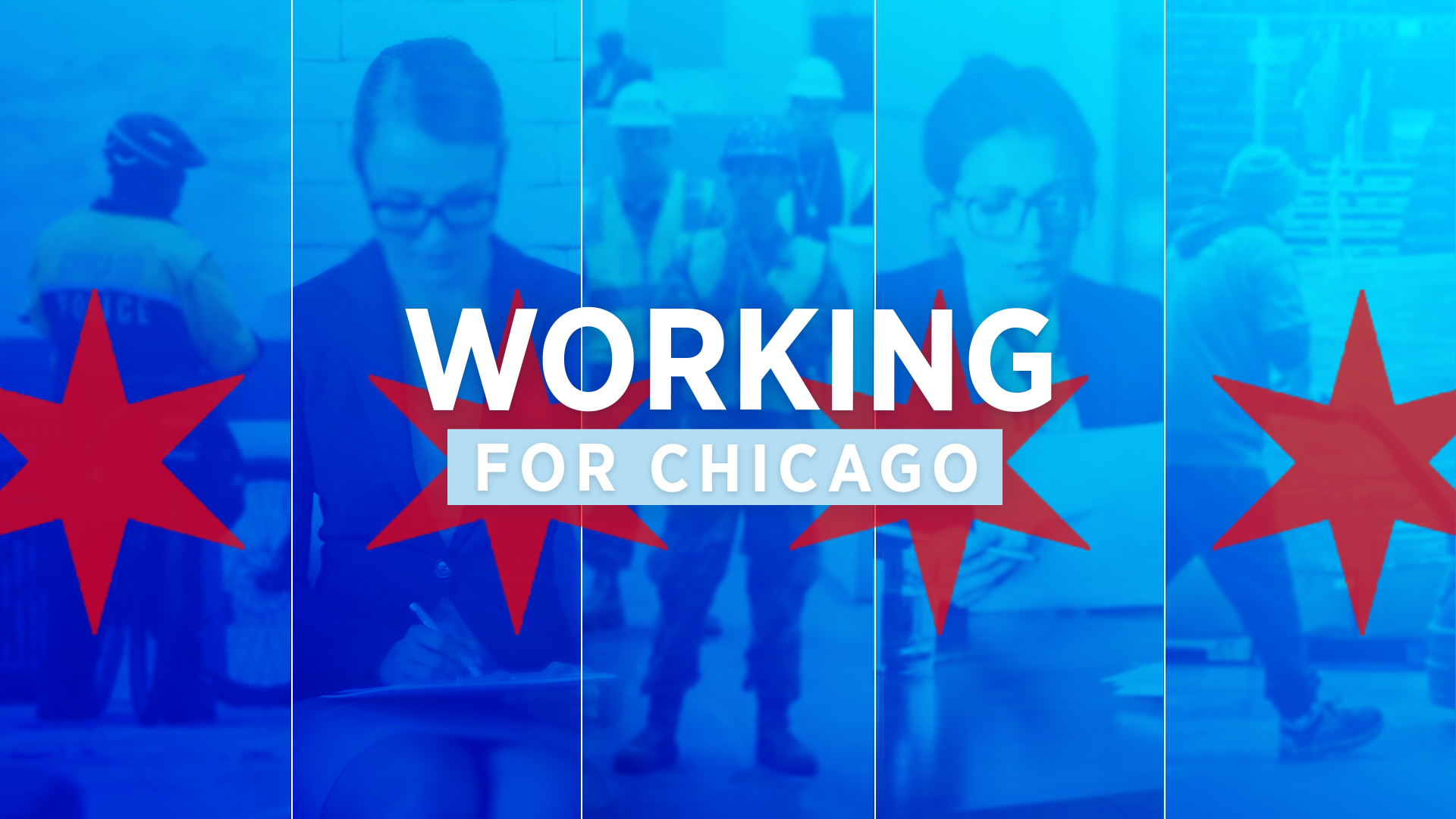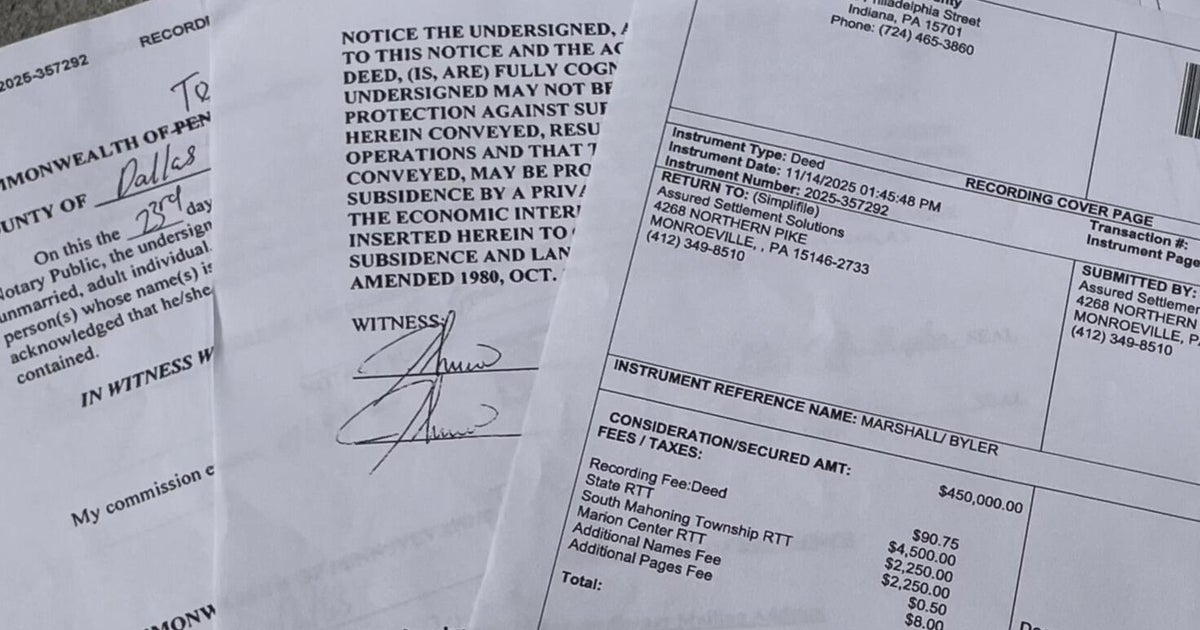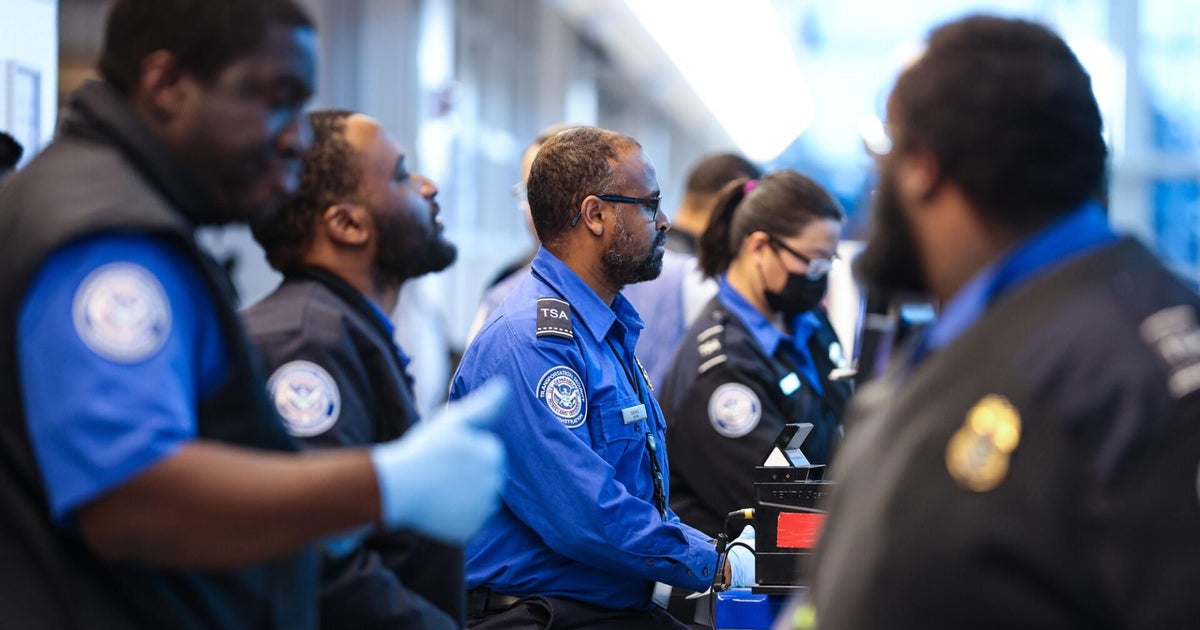The Promise Of A Paycheck Is Sometimes A Scam
CHICAGO (CBS) -- With more than 1.5 million people in Illinois out of work since the beginning of the coronavirus pandemic, it's no wonder scammers are trying to cash in with promises of a paycheck.
They target you through legitimate job search sites.
But CBS 2 Investigator Dorothy Tucker discovered that many times, those job offers are nothing more than attempts to steal your money or your identity.
"Nearly three-quarters of those who lose money to employment scams will be in a financial-type crisis already," said Steve Bernas, President of the Chicago Better Business Bureau.
That is true especially in Illinois, where many people have waited for months to get their benefit money.
They can become easy targets.
"People will do anything to get a job or obtain a job, so what the Better Business Bureau has seen is they borrow money from others, they take payday loans," said Bernas.
But a new BBB report says it's not all about the money.
"What they also do is steal your identity," warned Bernas.
Savvy scammers do that by asking you for information you really would give an employer.
Thirty-four percent of scam victims gave up their driver's license numbers, and 26 percent gave up their Social Security numbers.
"There's no job to be had," said Bernas. "These scammers are just lying to them."
The scammers are lying to job seekers about what companies they represent, most often Walmart and Amazon. Then, they post the jobs on popular sites like CareerBuilder, LinkedIn, Facebook, and most often Indeed.
While Bernas said these sites are all legitimate and have measures in place to weed out fraudsters, he added: "No website is scam free. There's always going to be a way a scammer can get on those particular websites."
The BBB found 65 percent of fake job offers were for a "warehouse redistribution coordinator."
"Some of those are scams where actually you have to redistribute money or products to another person using U.S. Mail and FedEx," said Bernas.
Job search sites are also where scammers find 80 percent of their victims.
"They see your résumé . Guess what. Your email and all your personal contact information is on your resume," said Bernas.
People ages 25 to 35 and women were more likely to be contacted by a con artist or see a phony post.
Students, men, veterans, and military spouses were more likely to actually fall for the fraud because, Bernas said, "they trust the person they're dealing with, and most consumers can't tell it's a scammer you're talking to. They look like us. They talk like us. They dress like us."
The report revealed scammers are spending days, even weeks grooming their marks, even going to so far as to conduct job interviews over Skype and Zoom.
The BBB urges you to confirm any job post - by researching the company and going to that company's own website to see if the job is actually posted there as well.
"It's just amazing the amount of scams out there and it's only increasing because more and more people out of work," said Bernas.
Here are a couple more pieces of advice from the BBB – you should never have to pay to get a job. Be cautious about vague job descriptions. And sometimes. you may actually do some work and never get paid for it. That happened in about one-third of the more than 10,000 reported cases.

CBS 2 is committing to Working For Chicago, connecting you every day with the information you or a loved one might need about the jobs market, and helping you remove roadblocks to getting back to work.
We'll keep uncovering information every day to help this community get back to work, until the job crisis passes. CBS 2 has several helpful items right here on our website, including a look at specific companies that are hiring, and information from the state about the best way to get through to file for unemployment benefits in the meantime.
[wufoo username="cbslocalcorp" formhash="xkrloiw0xj564i" autoresize="true" height="685" header="show" ssl="true"]







